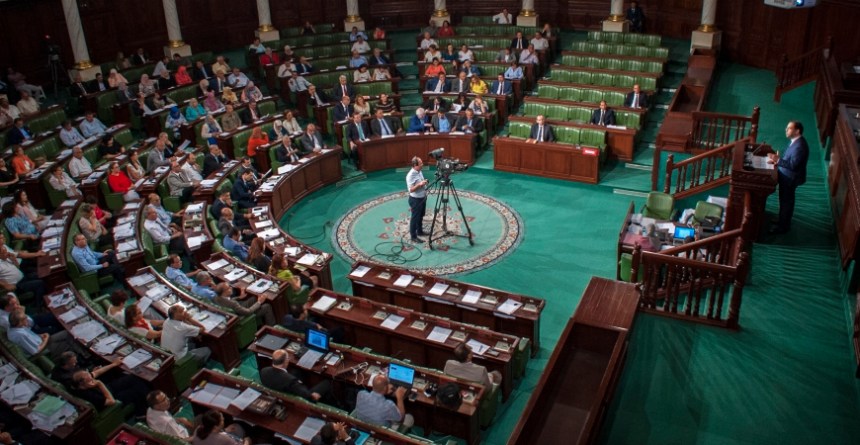With all the recent news about internet censorship across the continent, from Tanzania shutting down blogs to Uganda taxing social media, you could be forgiven for thinking African tech was in the doldrums.
Think again. In some countries, tech scenes are so vibrant and the opportunities so significant, that rather than holding them back, governments are legislating to ensure their development.
The benchmark here has been set by Tunisia, which earlier this year passed a Startup Act that laid out the government’s policies towards the growth of the local startup ecosystem.
The aim is to make Tunisia a “startup nation”, with the law, among other things, guaranteeing startups funding, exempting them from corporate taxes, allowing private and public sector employees up to a year off to launch new businesses, and providing salaries to founders.

Other lawmakers are following suit. The Lagos State Government recently announced the commencement of a Yaba ICT cluster project, aimed at creating an enabling environment to support the development of a technology cluster and ecosystem within the Yaba District of Lagos.
Meanwhile, last month more than 60 key players in the Senegalese innovation ecosystem came together to draft a startup act, which they have sent to government. It is aimed at creating a positive environment for innovation and entrepreneurship in the West African country.
Eva Sow Ebion is business development manager at CTIC Dakar, a prominent incubator in Senegal. She played a key role in the development of the proposed startup act, and says she is confident it will be adopted by government.
The aim is to create an institutional and regulatory framework conducive to the creation of companies and their growth, building bridges between key actors in the ecosystem by implementing more initiatives and public-private partnerships, in order to facilitate networking between corporates, public institutions, research institutes, training institutes and startups.
It also proposes updating of the education system, and actively supporting innovation spaces and startup accelerators.
“We are convinced that it is through commitment and volunteer support to startups that our governments will be able to contribute positively to promoting entrepreneurship, reduce the failure rates of startups and, above all, promote the employability of youth,” Elbion said.
“Startups participate in the creation of economic values. They are today the driving force of the transformation of our countries. The support of the government through a greater appropriation of the technologies and the access to the infrastructures in a positive legislative frame is more than necessary.”
The impact of such legislation would be significant, she said, protecting innovative ideas, providing financing methods adapted to the needs of entrepreneurs, lightened tax obligations for startups, and more assistance to the business development of companies.
Tunisia was the inspiration for stakeholders in Senegal, and for innovation ecosystems across the continent.
“The Tunisian Startup Act is undoubtedly a model of inspiration in the implementation of a law proposal for startups. Indeed, it is the first African ecosystem to have jumped in order to encourage, and promote positively, entrepreneurship and innovation,” said Elbion.
“The will to engage this initiative and bring together the actors of the entrepreneurial ecosystem in Dakar also comes mainly from my participation last May at the African Hub gathering, held in Kigali, which was an incredible experience. During this event we met with 45 other community leaders to write the first manifesto of innovation policies in Africa.”
Back in Dakar, Elbion was convinced that it was necessary to, with the support of i4Policy, gather stakeholders, a team of committed facilitators, the public institutions concerned and the community of entrepreneurs to come up with a framework that would push the local ecosystem forward. That, she believes, has now been accomplished, and all that remains is for government to sign it into law.
“I think this is a good time for our ecosystem to change paradigms through new approaches to collaboration with our government to make Senegal a startup nation,” she said.
Tom Jackson is co-founder of Disrupt Africa, a news and research company focused on the African tech startup ecosystem.